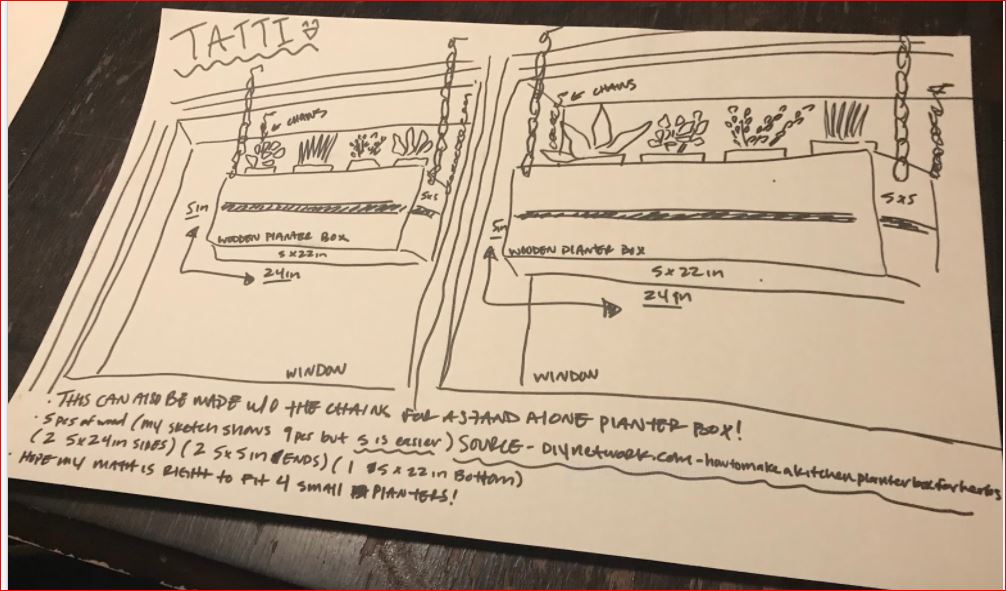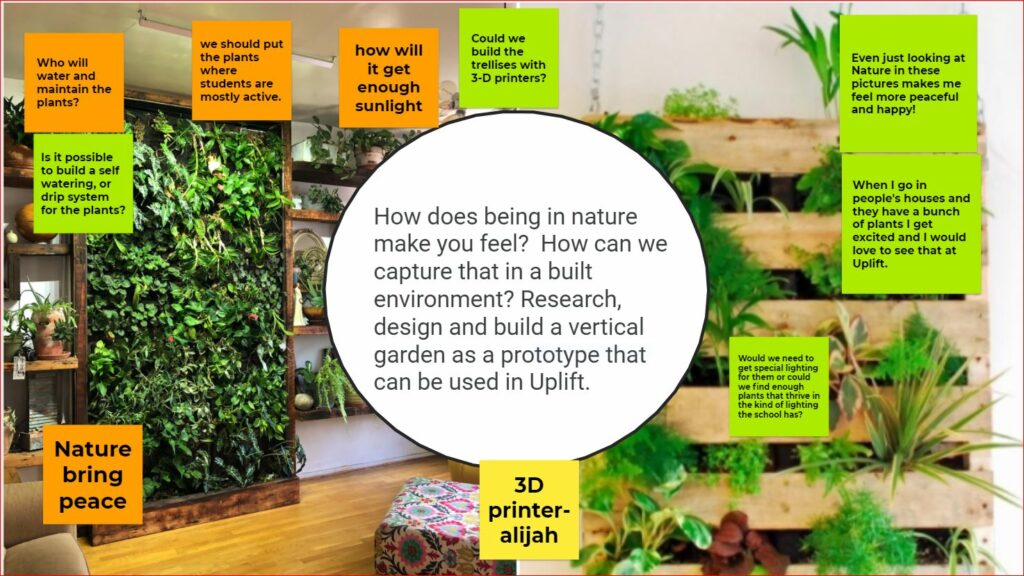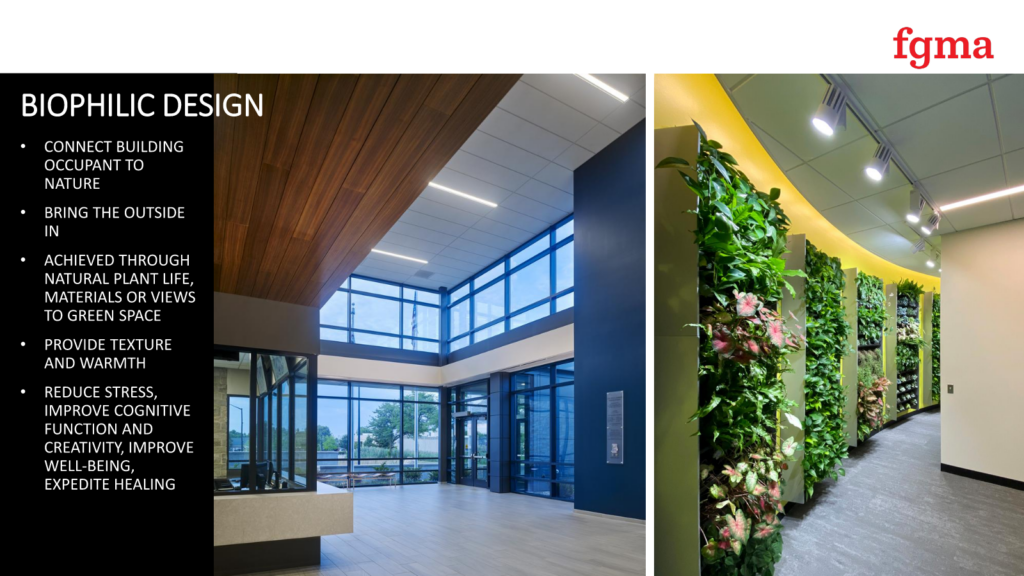
Q&A with Illinois Green Schools Project Mentors — Uplift Community High School + FGM Architects
by Brian Meade, Nadia Lohse, and Kelly McCaffrey, Green Schools Mentors from FGM Architects



The Illinois Green Schools Project, launched last summer, connects educators and students with professional mentors in the green building community. In our pilot cohort, 25 professional mentors were matched with 14 participating schools across the state.
As we reach the halfway point in the project, FGM Architects Brian Meade, Nadia Lohse, and Kelly McCaffrey sat down to talk about their experiences so far volunteering with Uplift Community High School in Uptown, Chicago.
Why did you decide to become a mentor?
As a member of the AIA 2030 Commitment, FGMA is always looking for educational and volunteer opportunities to bring awareness of sustainable design to our clients and users. Since we work on many PK-12 schools, it seemed like a perfect fit to help our staff meet this goal. Nadia, Kelly, and I have enjoyed working with students and introducing others to the field of architecture and environmentally conscious design.
What project is your school team working on?
Uplift is one of 20 Sustainable Community Schools (SCS) in Chicago and has decided to create individual home herb gardens that they can incorporate into delicious home cooked meals. They will also be collecting recipes from family, friends, and fellow student that use the herbs they will be growing. These recipes will be then be published in a class cookbook. Uplift also has a community partner, the hip hop arts collective Kuumba Lynx (KL), which is also contributing methods for demonstrating knowledge through the arts.

What are the goals/expected impact of the project?
We are hoping the students learn about the proper requirements needed to grow a plant and to share that knowledge with future students. The intent is to eventually create a more permanent herb garden at the school’s campus in the future when in-person learning resumes. In addition, we hope the herb gardens show students a new way to connect with nature, learn about the benefits of growing food on site, and how to incorporate healthy and sustainable strategies into their everyday lives. Hopefully the herbs will grow and the student can experience the joy of bringing the plants to life!

How are you contributing your expertise to the project?
As architects, we have been sharing our knowledge and trends on how green, nature oriented spaces can be beneficial to the health of the users. We have also shared our knowledge about the design process and the 5 steps of the Design Thinking Process (Empathize, Define, Ideate, Prototype, and Test) using the students herb garden build project as an example. We are hoping that the students can tap into their creative thinking skills and enjoy creating something that can grow in their home. Design thinking and environmental-conscious decisions can happen on a daily basis beginning in our own homes and personal lives.

